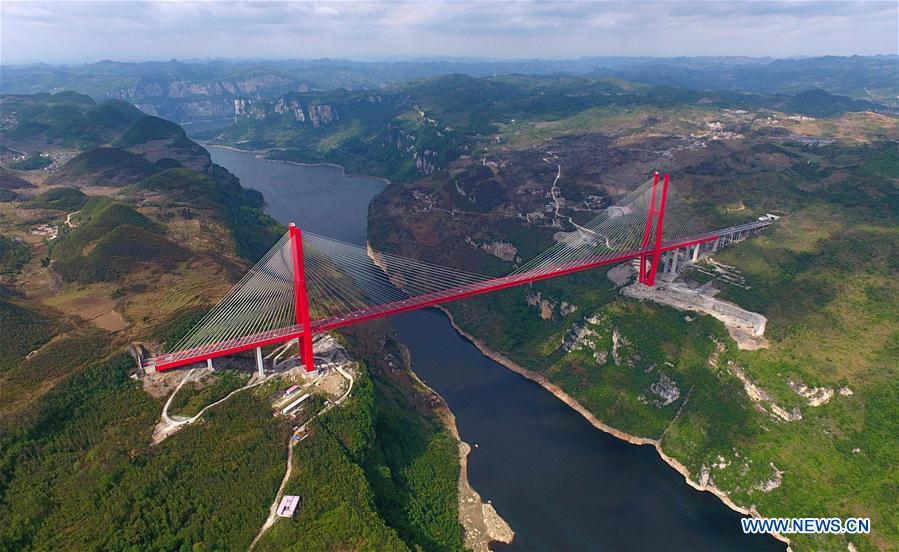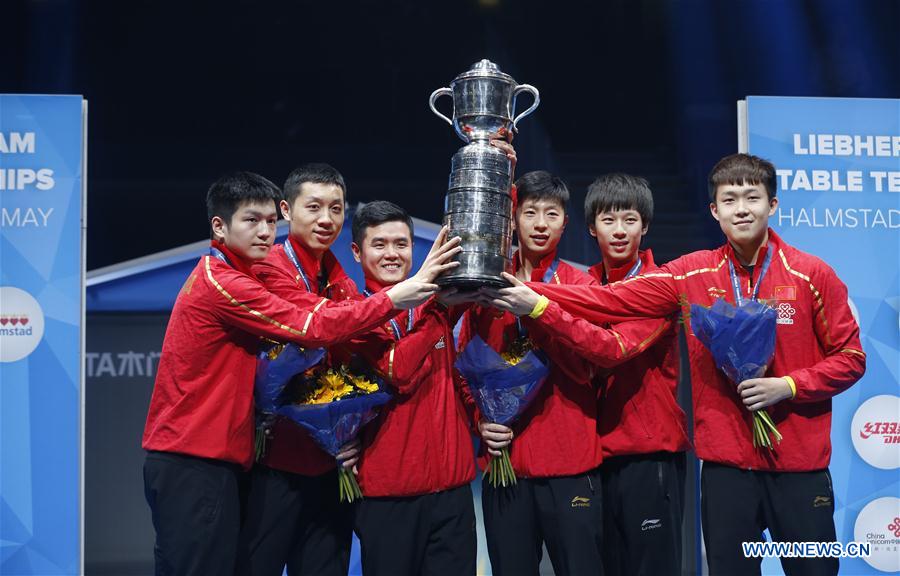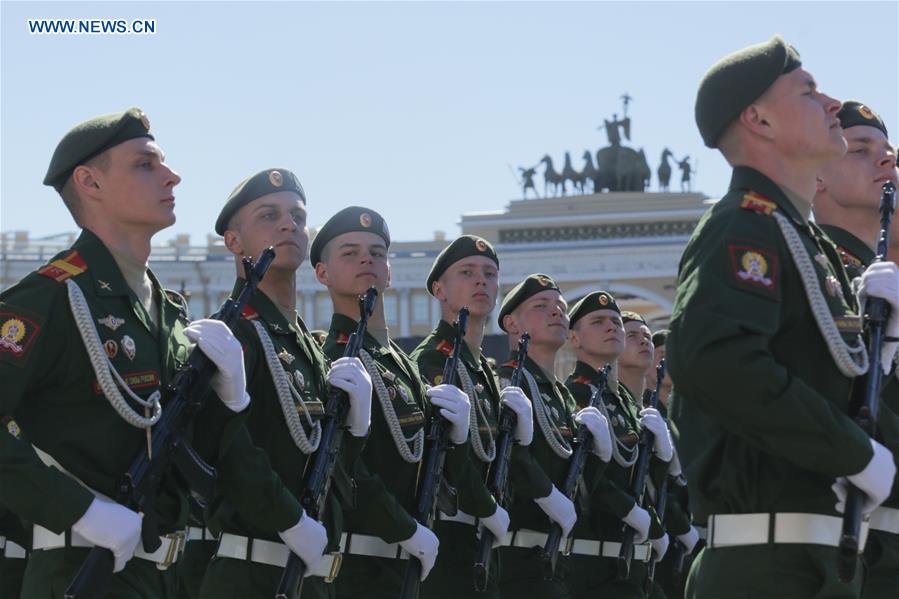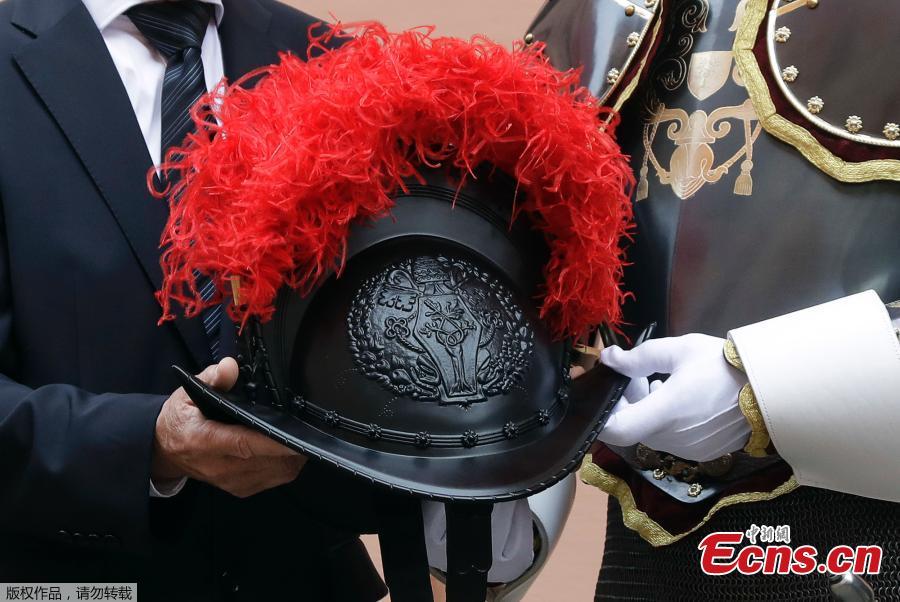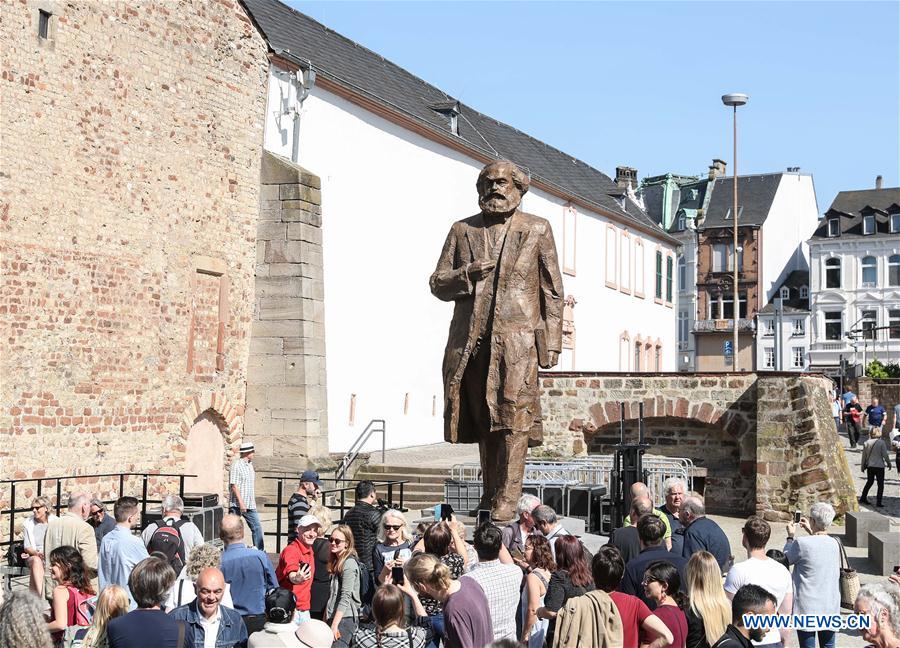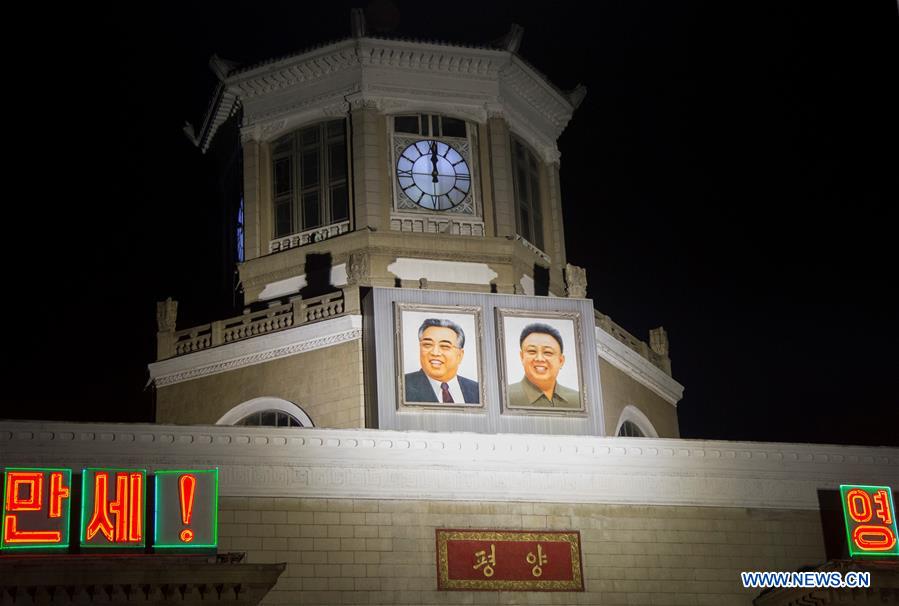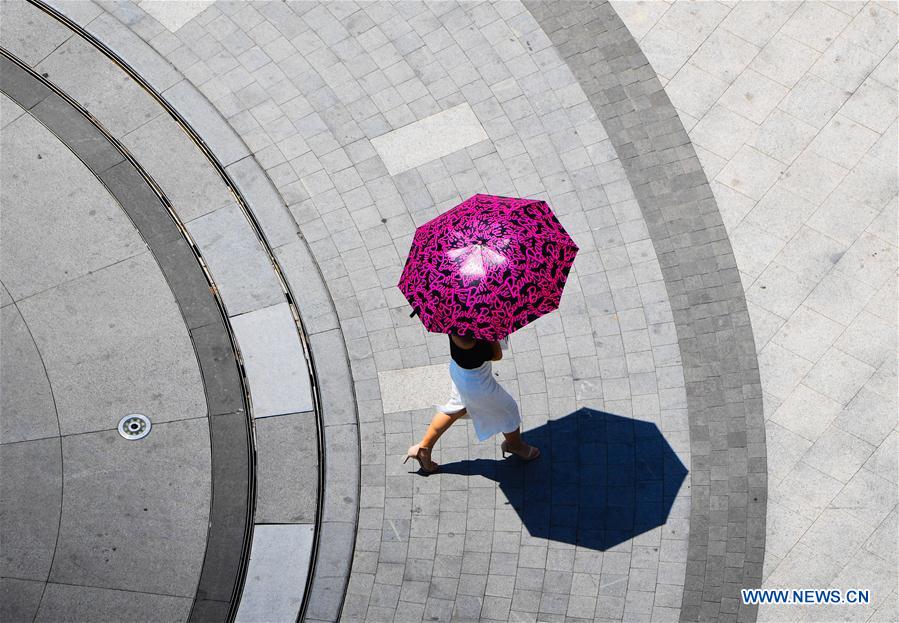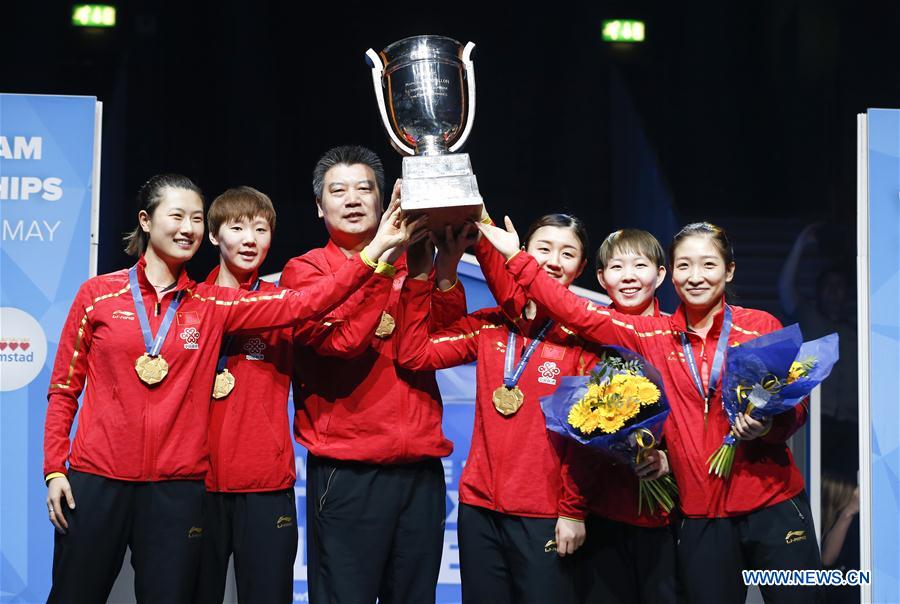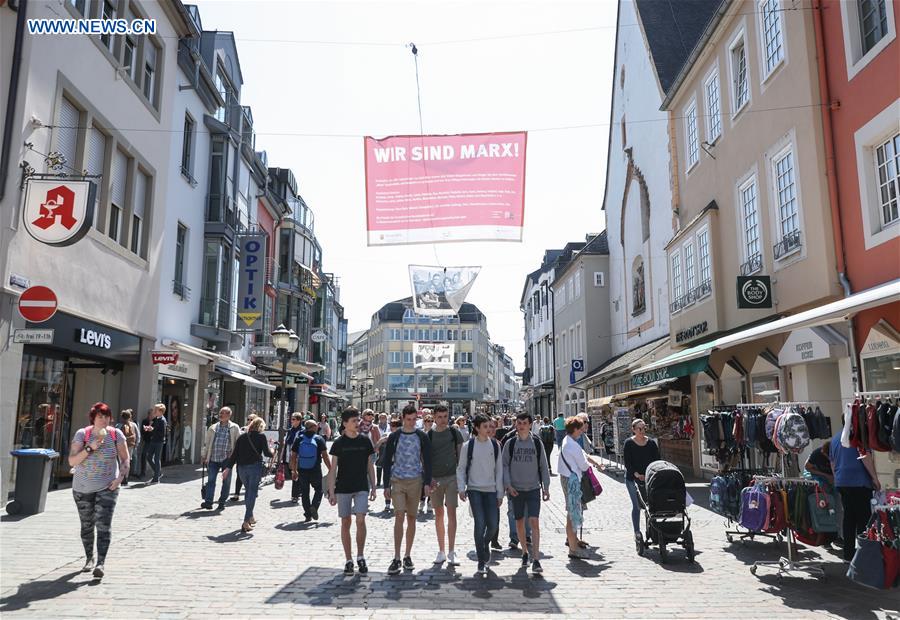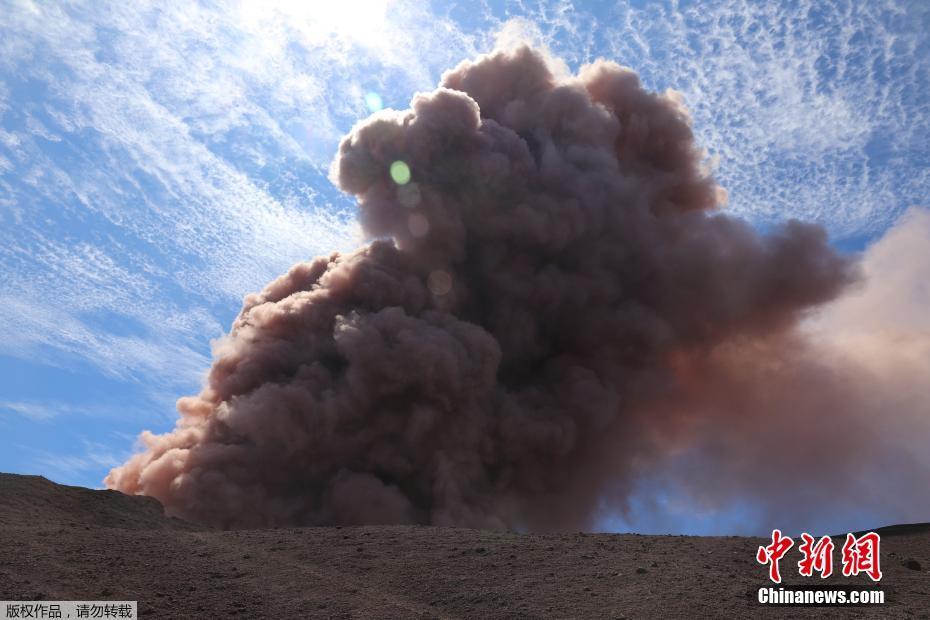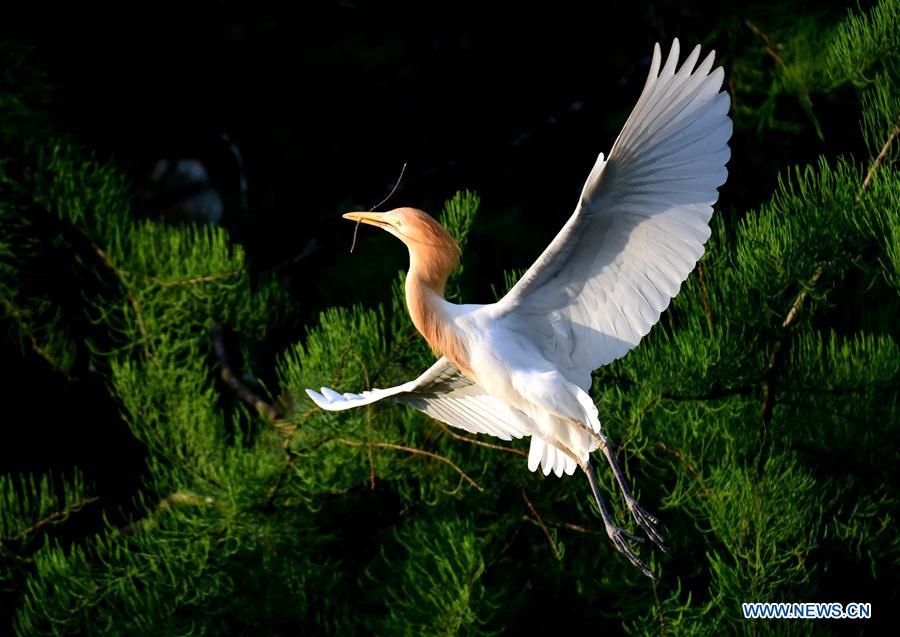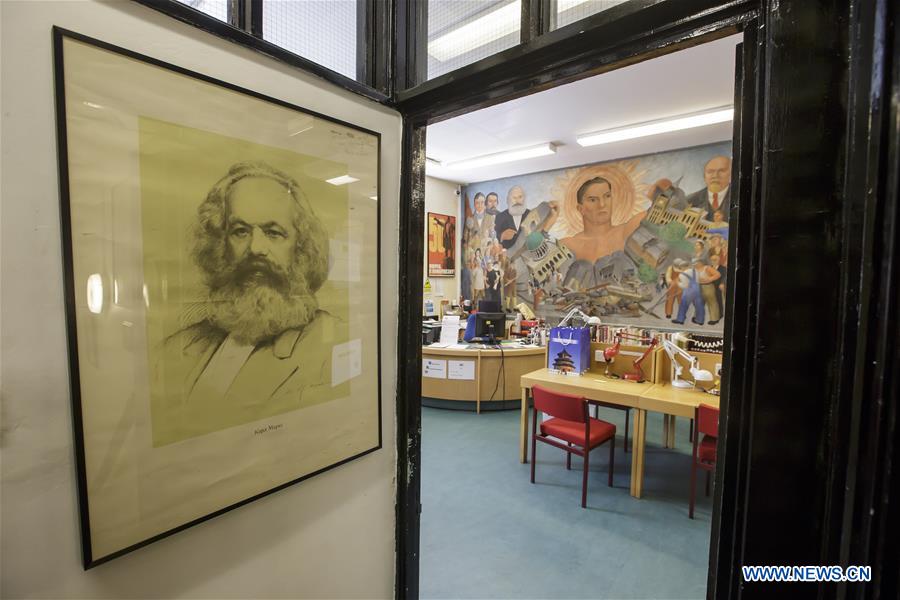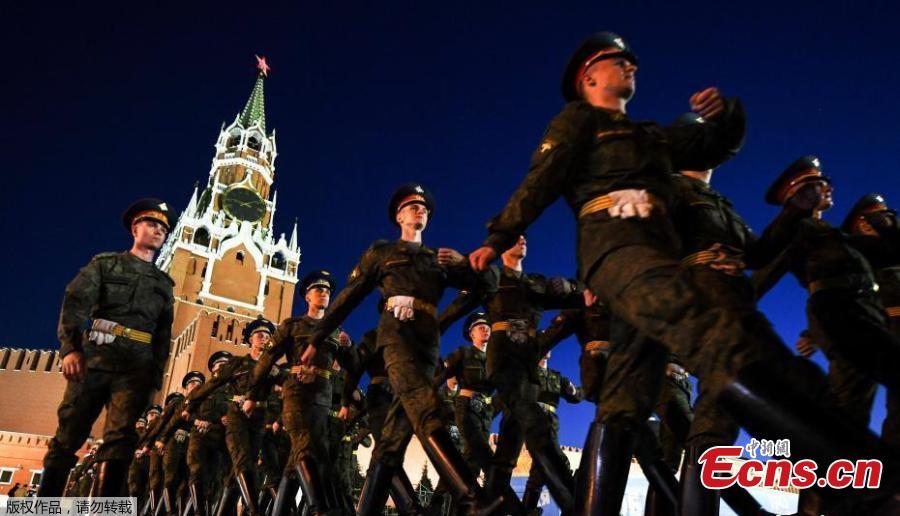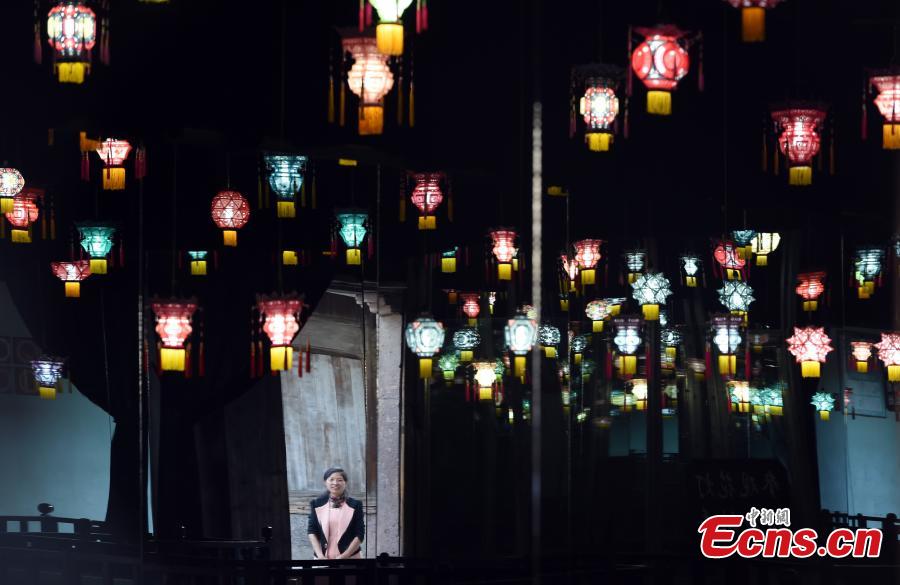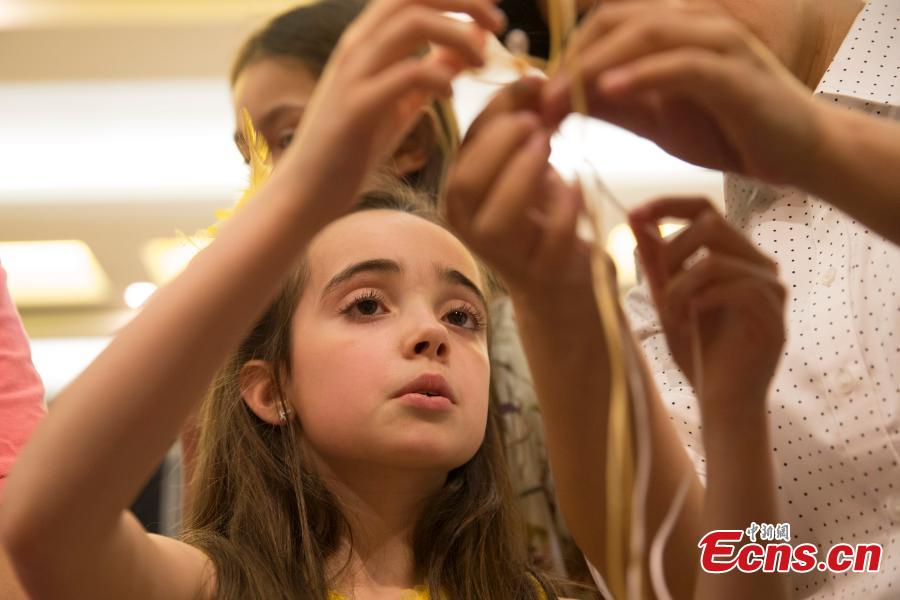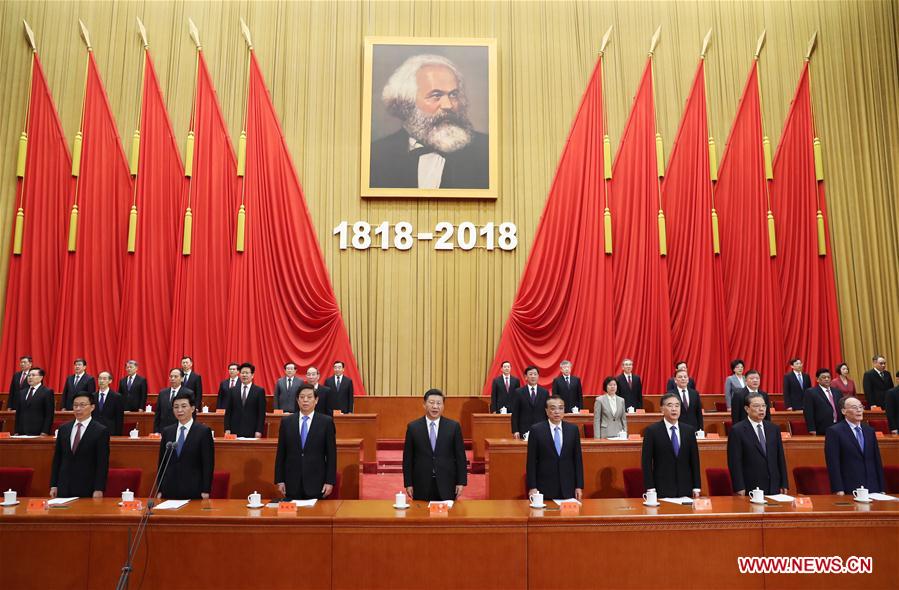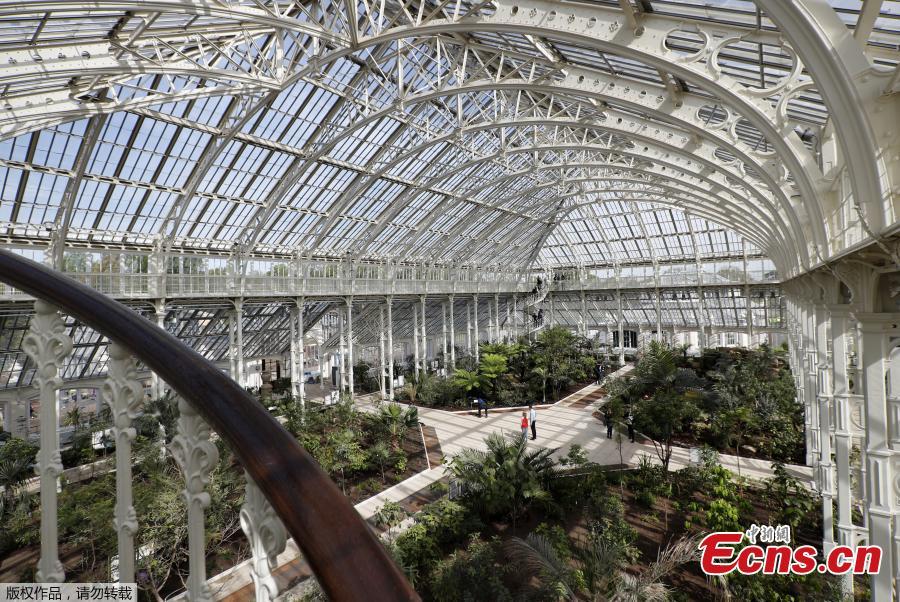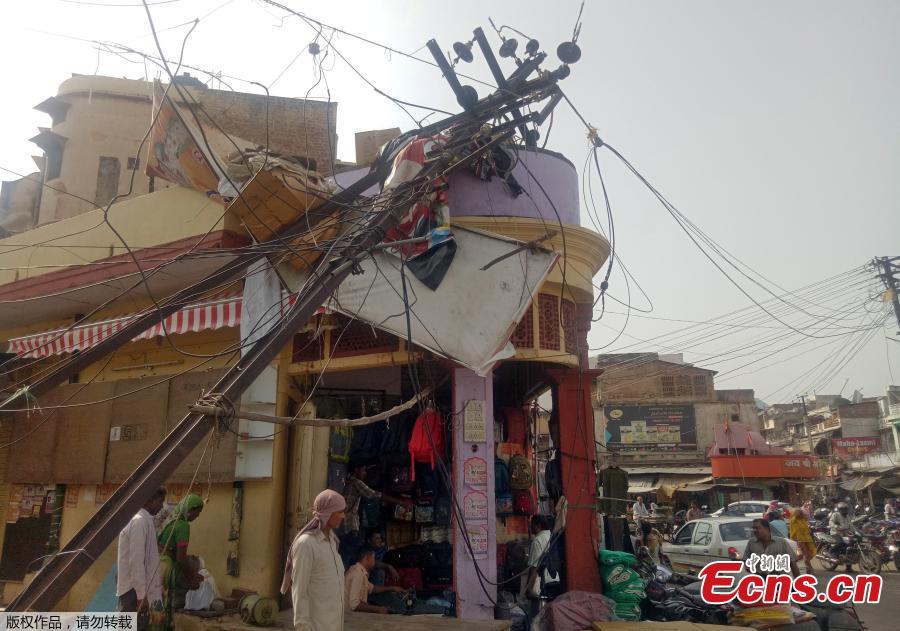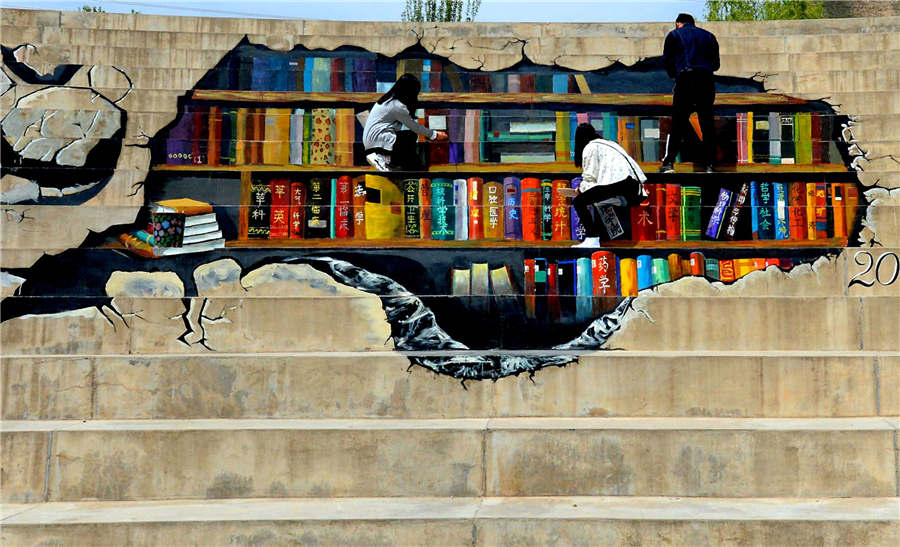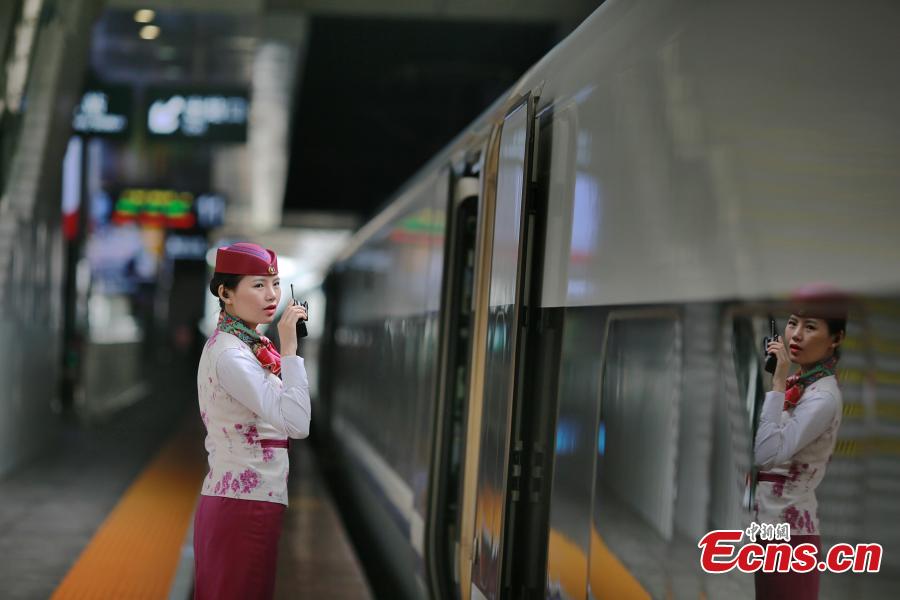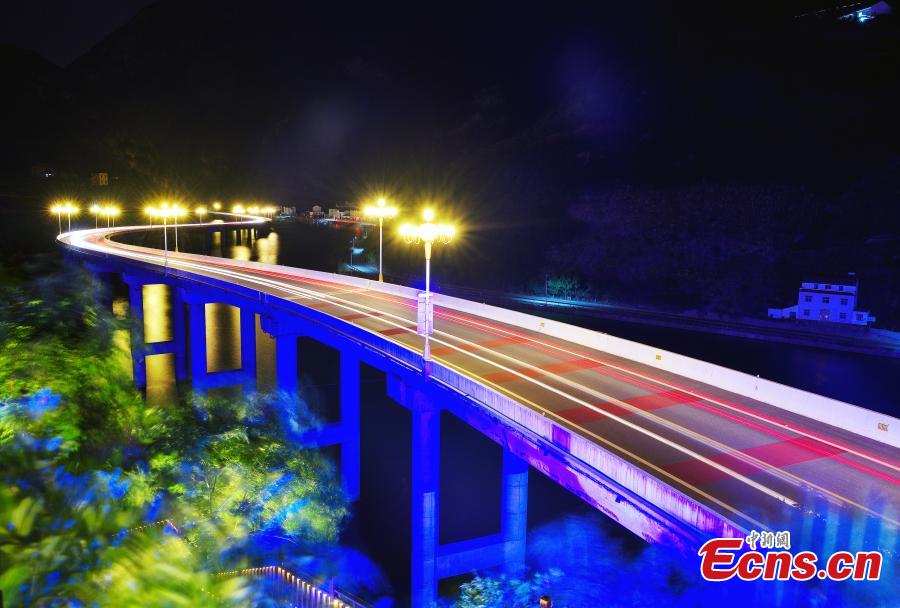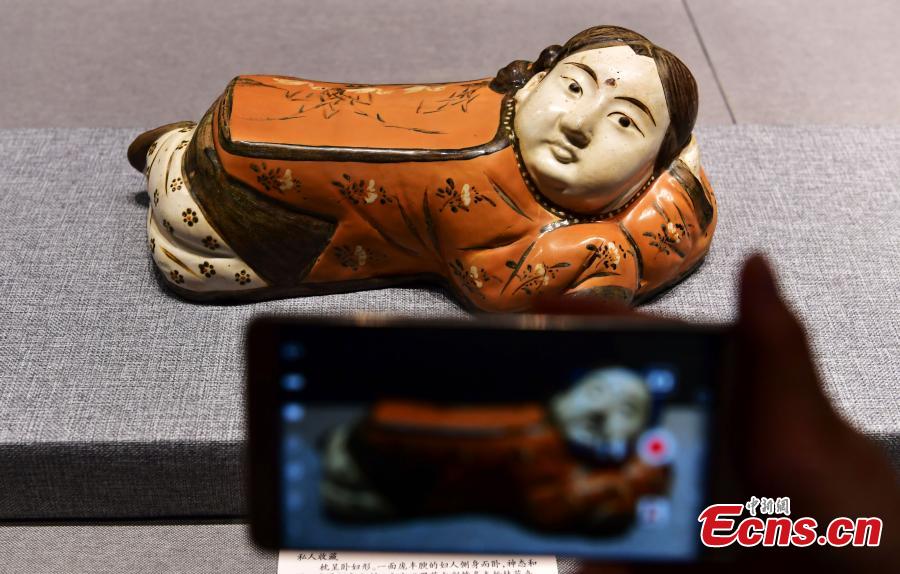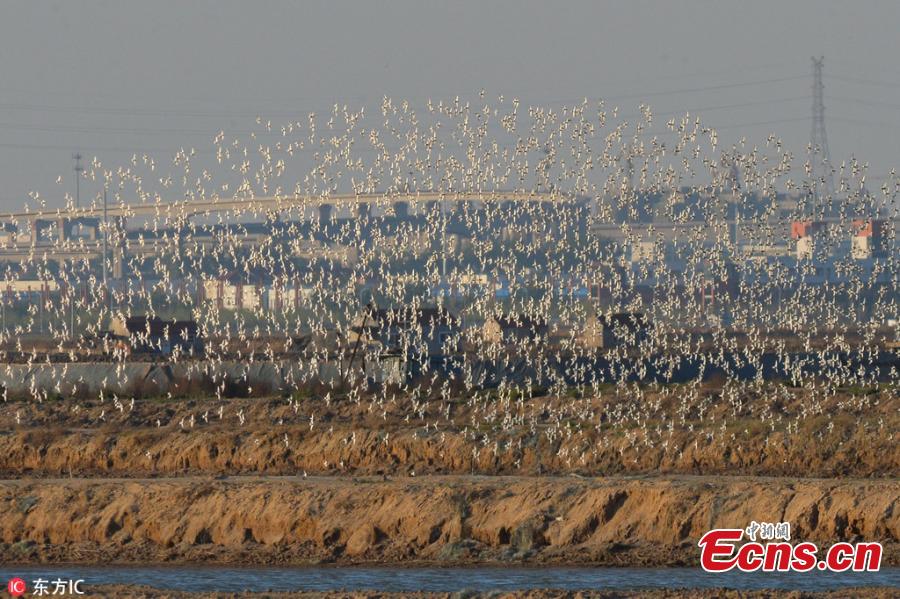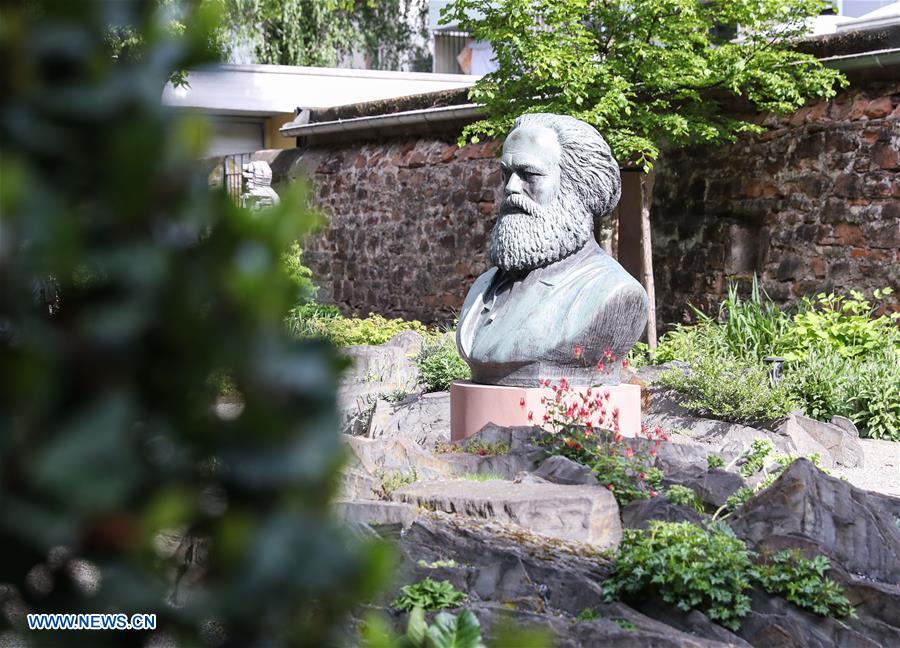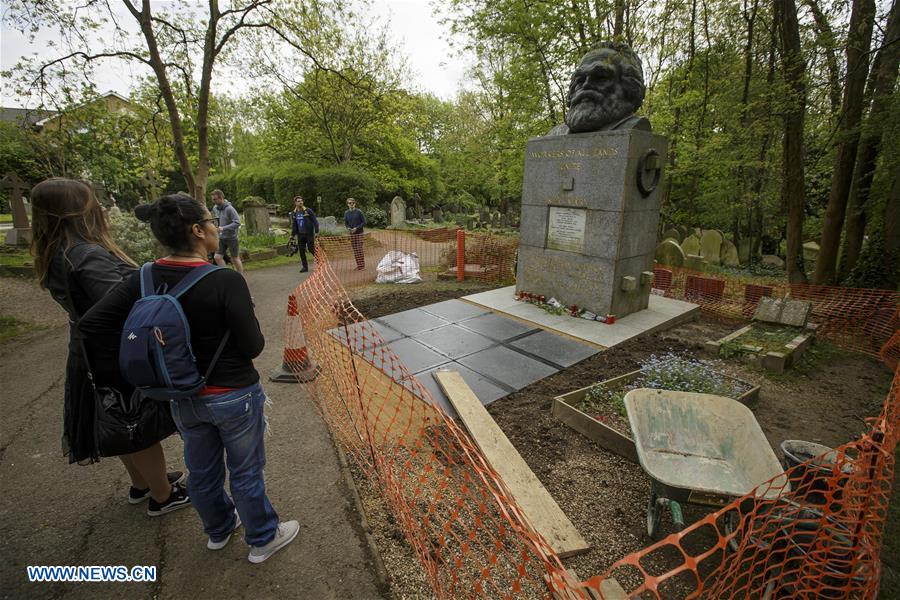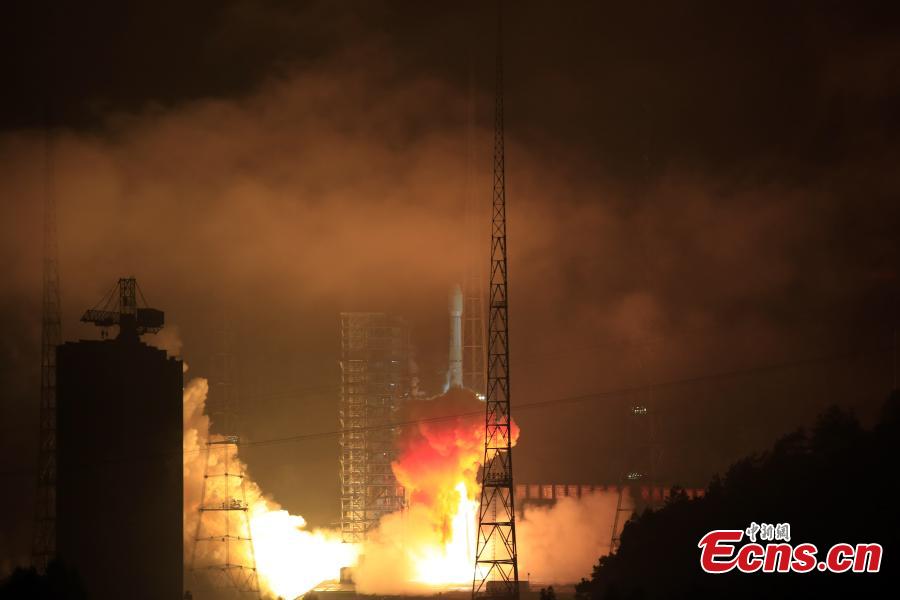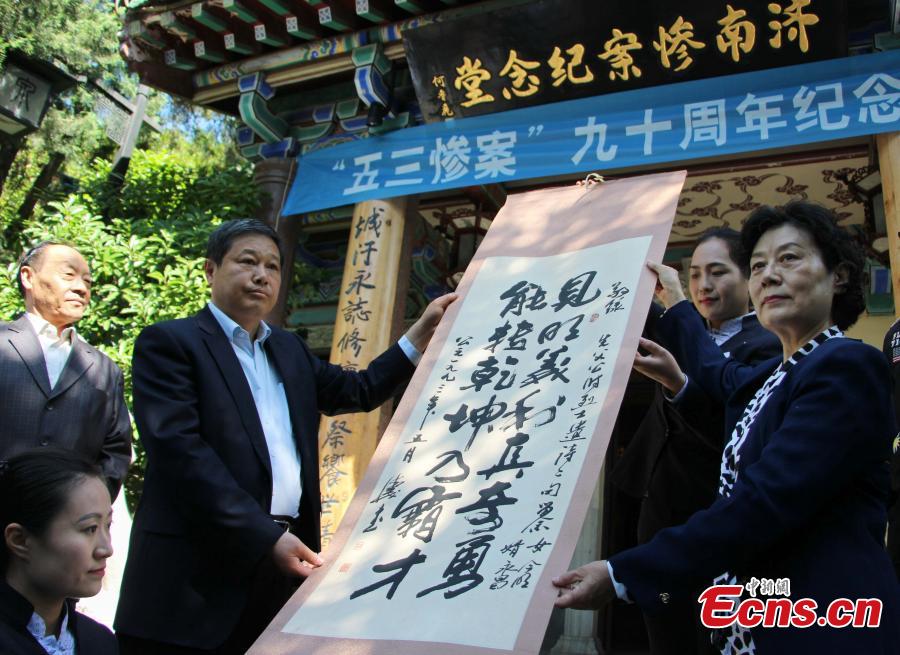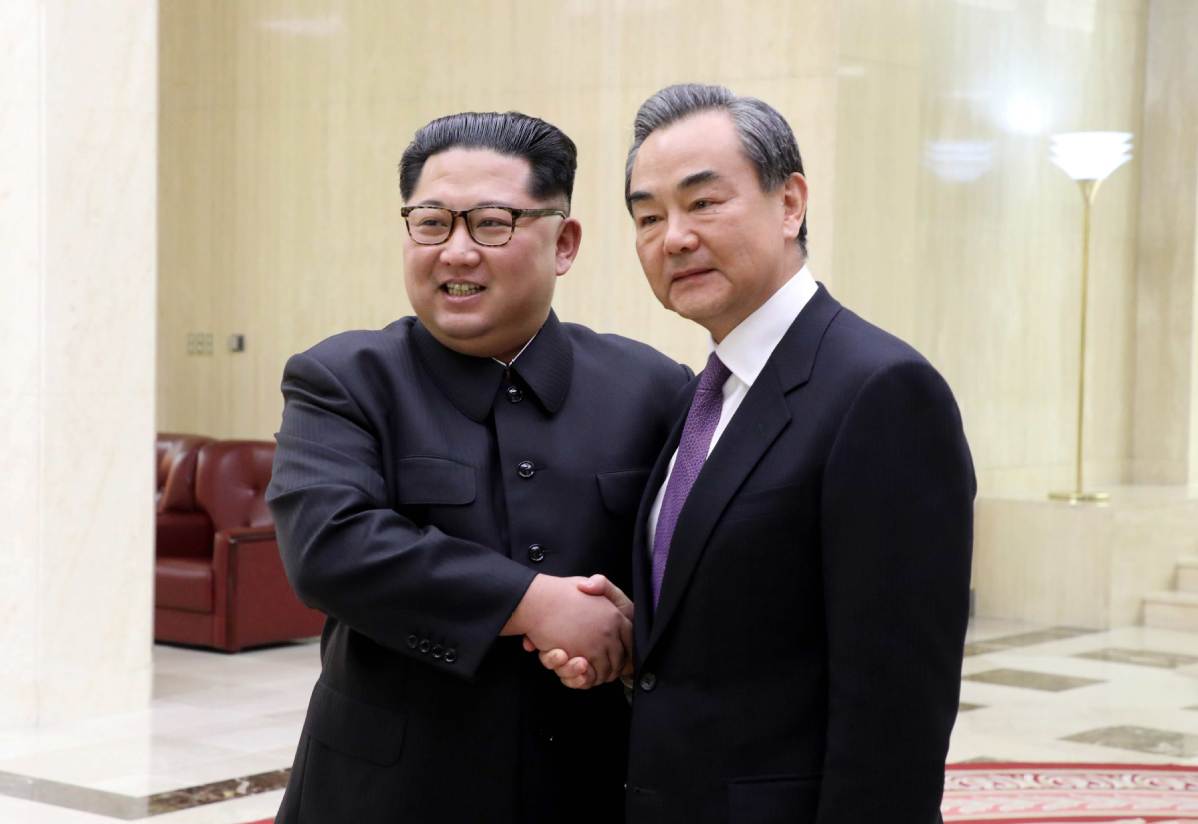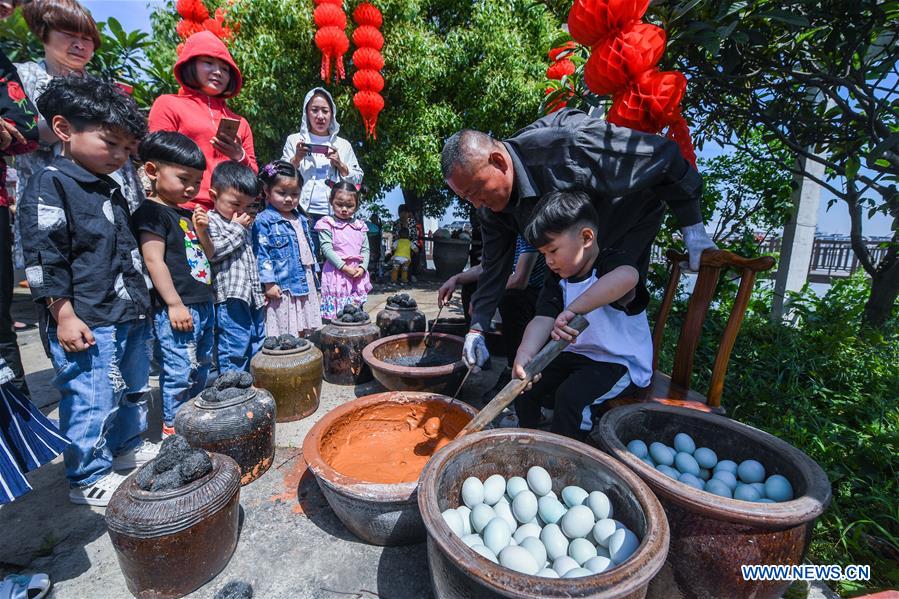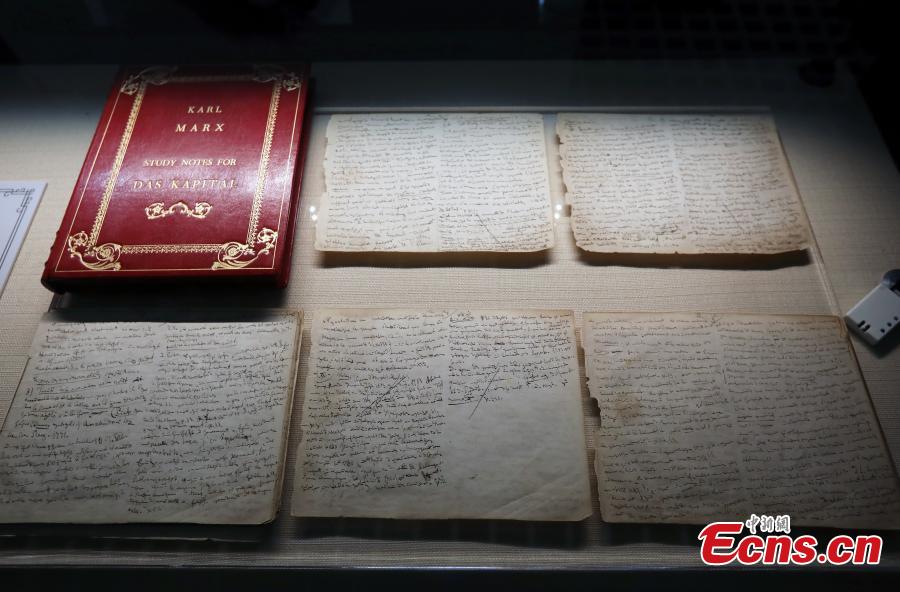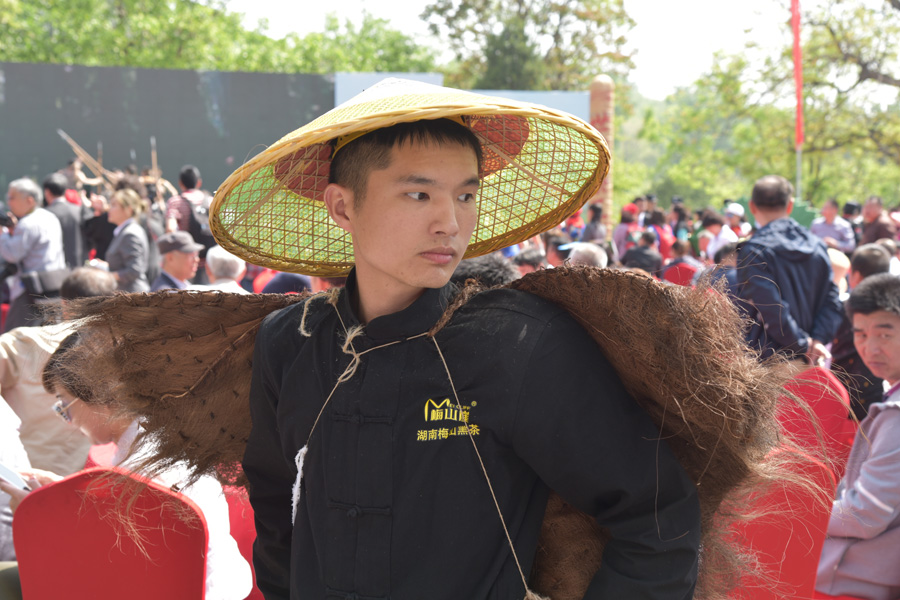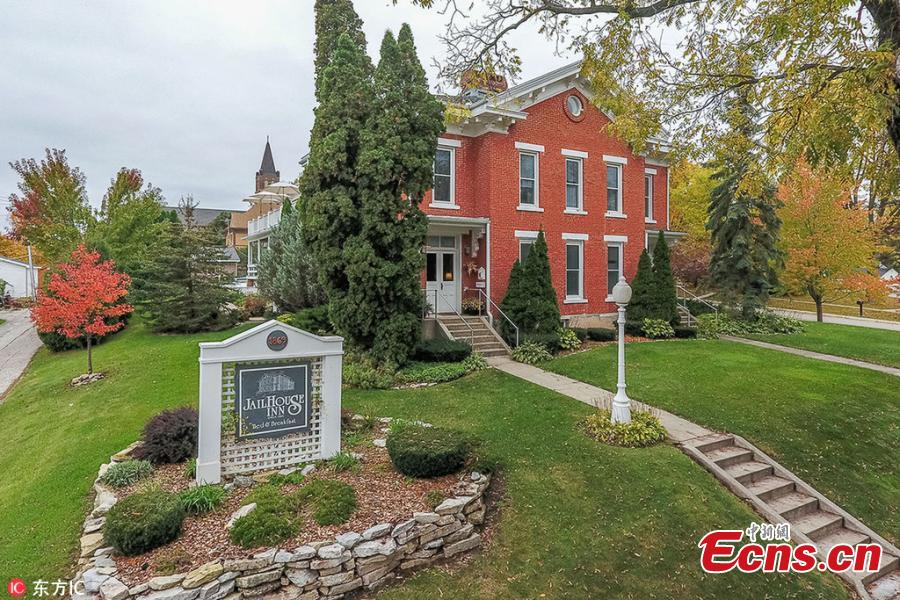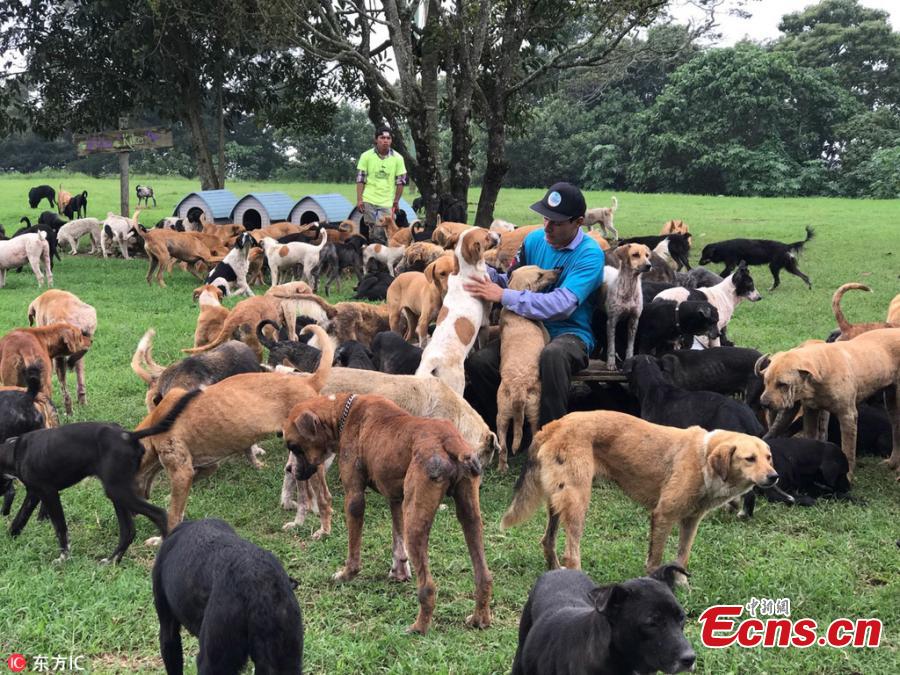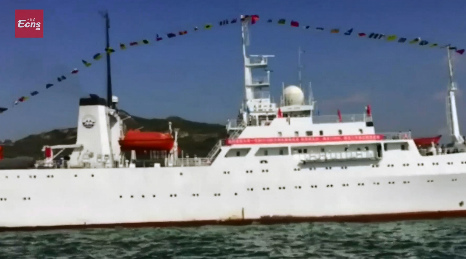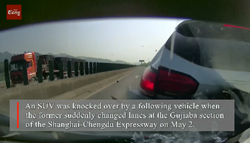Vladimir Putin will be inaugurated on Monday for his fourth term as president of Russia under the shadow of strained ties with the West.
Putin, who has ruled Russia for 18 years, has promised to improve living standards at home during his next Kremlin stint.
But he has remained silent on the issue of his succession - despite this being an inevitable concern as the constitution bars him from running again when his fourth term ends in 2024.
Putin has struggled to revive an economy that crashed after Moscow was hit with Western sanctions in 2014, followed by a fall in global oil prices in 2016.
Despite this, his victory in the March election was never in question.
This year, officials are reportedly planning a fairly low-key inauguration ceremony that will not include a lavish reception.
This time, he was only expected to meet volunteers who took part in his election campaign.
Political analysts said that Moscow's attitude toward the West - which has only hardened over the crises in Ukraine and Syria, as well as accusations of spy poisoning in the United Kingdom and alleged election meddling in the United States - was unlikely to change during Putin's fourth term.
"For Putin, any concession is a sign of weakness, so there shouldn't be any expectation of a change in foreign policy," said Konstantin Kalachev, head of the Political Expert Group think tank in Moscow.
"Also, foreign policy is one of the main foundations of his support within the country. Putin needs to guarantee national unity."
On Saturday, opposition leader Navalny was held along with nearly 300 of his supporters during an unauthorized rally in Moscow.
Navalny and his ally Nikolai Lyaskin were detained for organizing the event and taken to the district police department to "resolve the issue of bringing them to justice in accordance with the law", Moscow City Police said.
Around 200 people were detained in St. Petersburg during another unauthorized rally held by Navalny's supporters and will face administrative charges, the local police department said.
A total of 3,500 people took part in unauthorized actions in Moscow and St. Petersburg and a further 2,000 in similar rallies in more than 20 cities across the country, the Russian Interior Ministry said in a statement.









